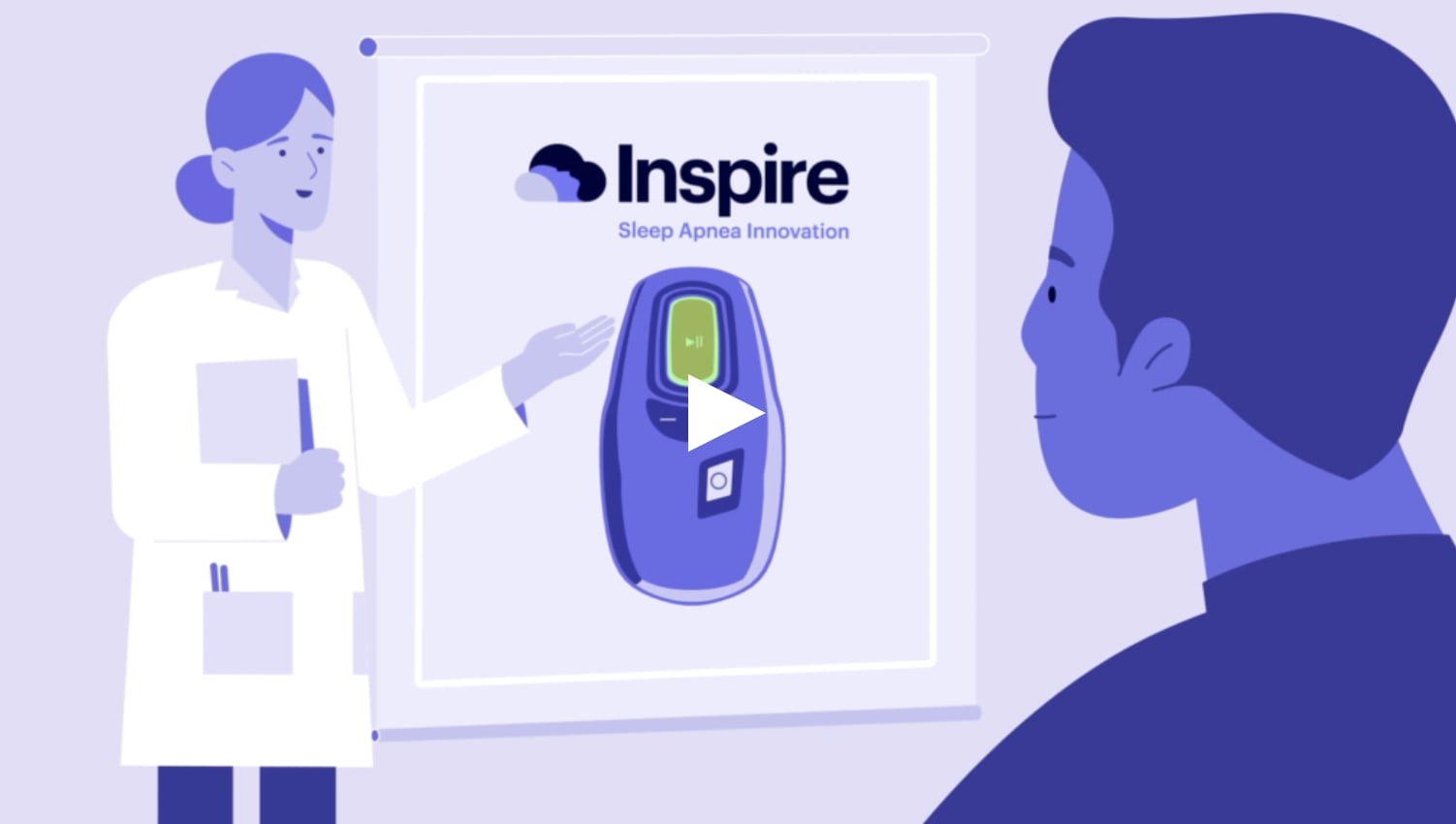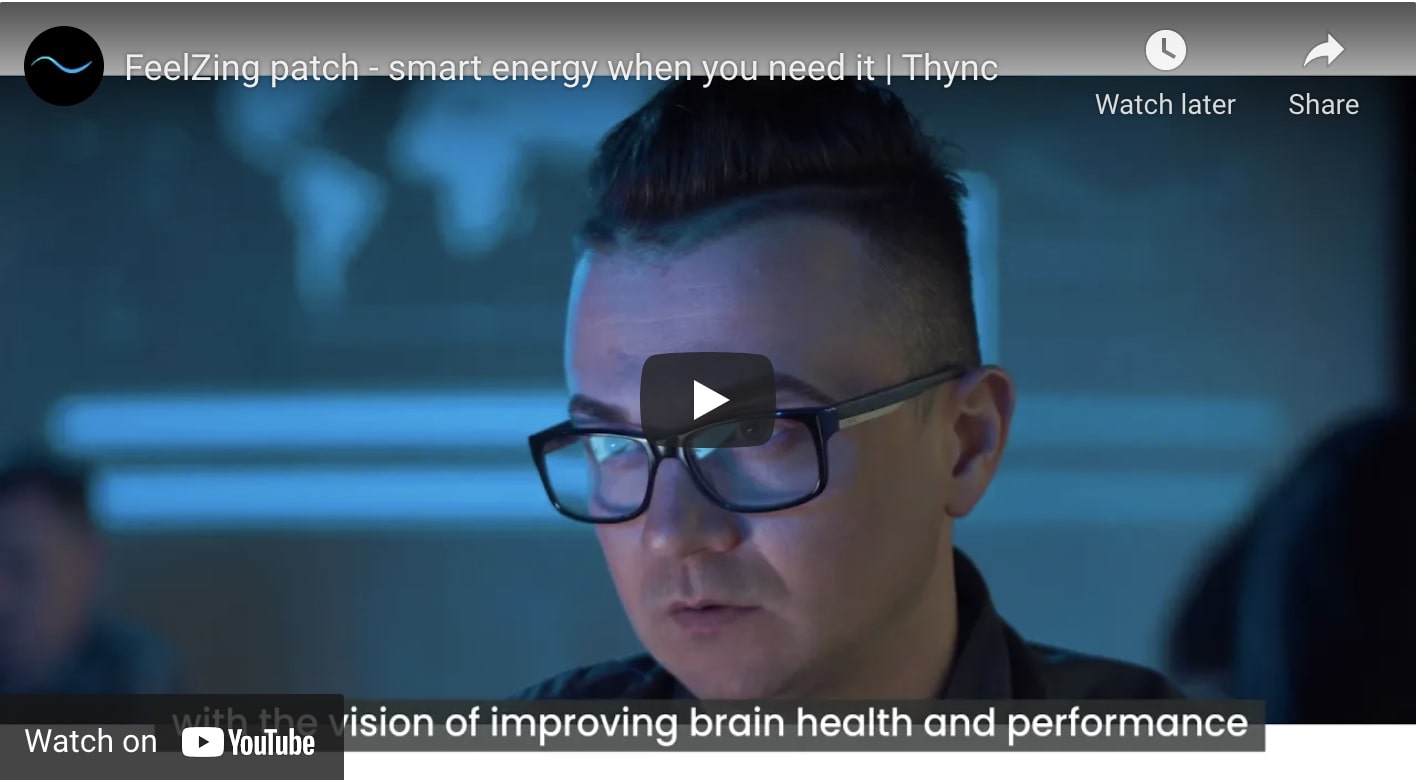
When we are walking on the street or working, our brain is always "active". The nerve cells in the brain generate electrical signals and activate them, and we carry out various activities through the complex interplay and propagation of countless nerve cells.
On the other hand, is it possible to expand the range of our "activities" by deliberately generating electrical signals in neurons?
Neuromodulation is one of the 10 Neurotech technologies that are introduced in 10 major types of Neurotech ~first half ~.
Neuromodulation is a technology that alters neural activity by applying safe stimuli, such as electrical stimulation, to specific nerve cells in the body. The stimulation can be used to cure brain diseases and increase energy, and so on.
In this article, we will introduce five featured startups that are using the technology of neuromodulation to bring about significant changes in our lives.
Introduction
There are more than 60 startups using neuromodulation, a technology that uses stimuli to alter our neural activity, around the world, some of which have already gone IPO. By 2022, the market is expected to be worth $13 billion, and is expected to be one of the most economically impactful technologies in Neurotech.
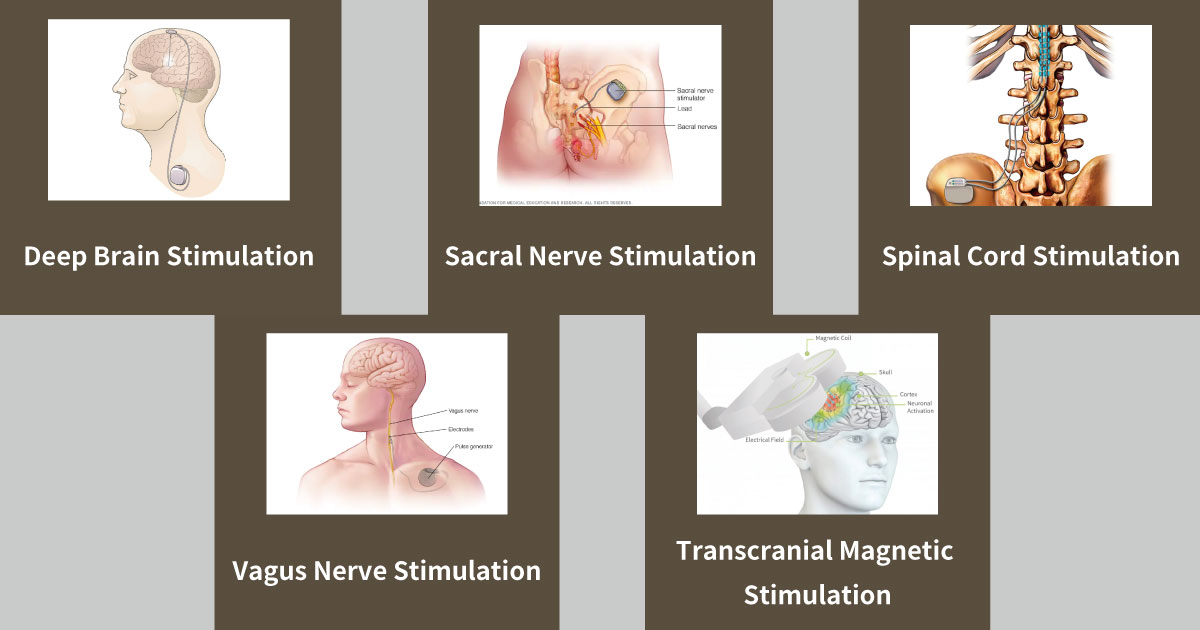 Neuromodulation types
Neuromodulation types
Neuromodulation can be broadly classified into five technologies as shown in the figure above. There are invasive technologies that implant electrodes in the body, as well as non-invasive technologies that stimulate from outside the body.
The applications are not limited to medical purposes for curing brain diseases such as epilepsy, but there are also many use cases for consumer use such as improving sleep quality and recharging energy.
5 featured startups
1. Inspire Medical Systems
Inspire Medical Systems provides Inspire, the only FDA-approved sleep apnea treatment. Users implant the tiny Inspire device in their bodies and turn it on with a remote control when starting to sleep, allowing the Inspire to open their airways and allow them to breathe normally.
Until now, special hoses and masks have been used to treat sleep apnea, but they have the disadvantage of being noisy and inconvenient to carry around. With Inspire, however, the user can use the device with just one button without making any noise. In addition, since all you need is a palm-sized remote control and the device inside your body, it is easy to carry around.
As a result, they succeeded in reducing the number of apneas during sleep by 79%, and 90% of people who felt that their partner snored too loudly reported that they were no longer bothered by the loudness thanks to Inspire.
| Industry | Healthcare |
| Headquarters | Minnesota, U.S. |
| Founded Date | 2007 |
| Employees | 101 - 250 |
| Funding Status | IPO |
| Total Funding | $186M |
| Investors | 10 |
| Estimated Revenue | $10M - $50M |
2. Axonics Modulation Technologies
Axonics Modulation Technologies provides Sacral Nerve Stimulation, therapy for bladder and bowel control. By implanting a small rechargeable nerve stimulator in the lower back and applying electrical stimulation through remote control to the sacral nerve, which innervates the pelvic region, it is possible to improve symptoms around the bladder and bowel, such as overactive bladder causing sudden urination and bowel obstruction causing bowel movements.
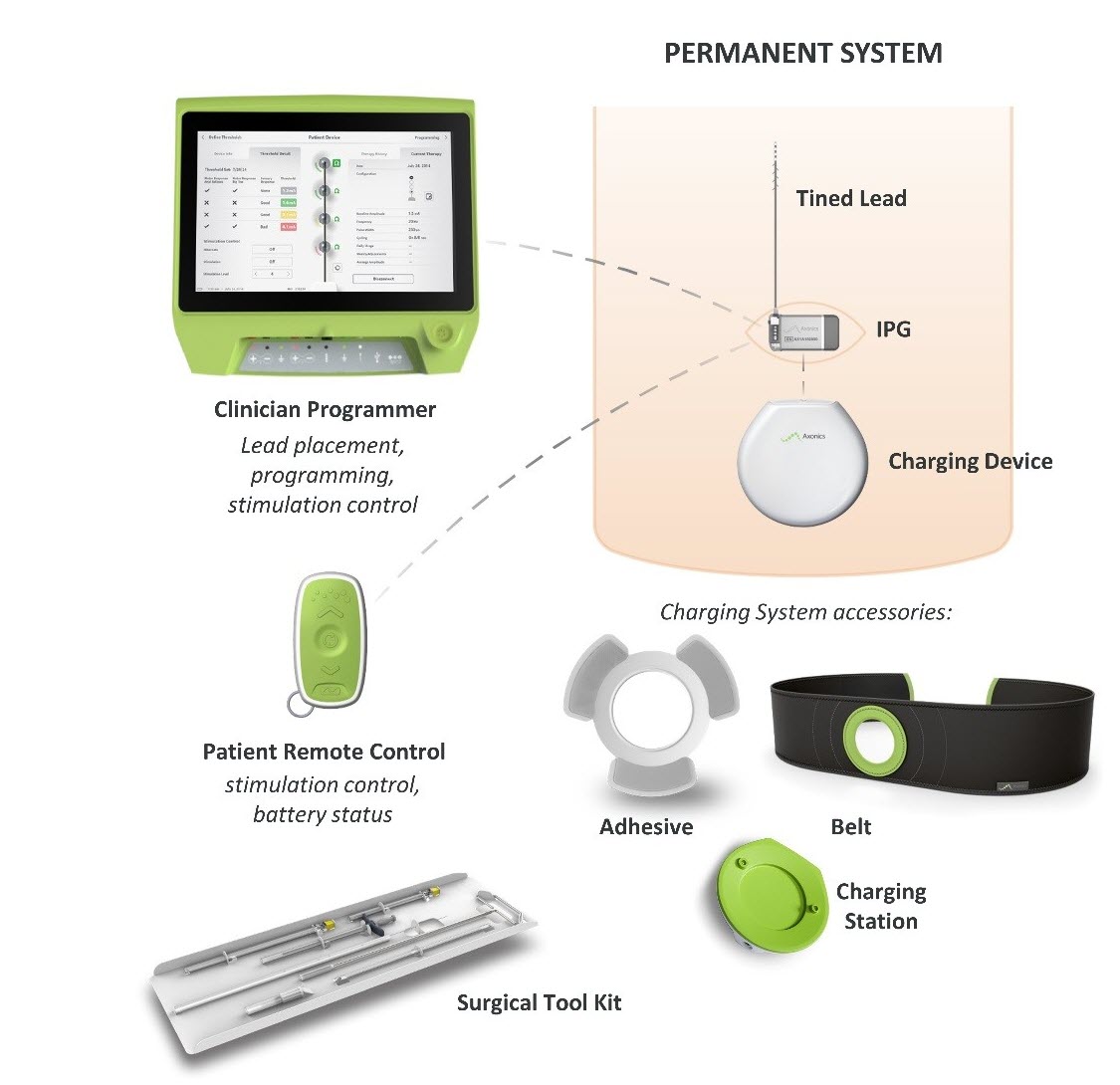 Image: How Axonics works
Image: How Axonics works
The stimulator can be used for at least 15 years without needing replacement, and a dedicated external charger can be used to charge the device immediately.
| Industry | Healthcare |
| Headquarters | Irvine, California U.S. |
| Founded Date | 2012 |
| Employees | 101 - 250 |
| Funding Status | IPO |
| Total Funding | $604.4M |
| Investors | 8 |
| Estimated Revenue | $100M - $500M |
3. Thync
Thync provides non-invasive devices that can help anyone improve their brain function through electrical stimulation. Currently, they provide a wearable patch Feelzing that delivers electrical stimulation to the nerves and can increase energy, clarity, and attention for several hours. It's very easy to use, just stick the patch behind your ear for 7 minutes of stimulation and you will feel the effects and can use it again and again.
 Image: FeelZing Product
Image: FeelZing Product
Thync has been researching how to democratize access to the benefits of neurostimulation for everyone since 2010, and currently reports that 50% of users feel improved attention and 37% feel increased motivation.
| Industry | Neurotech |
| Headquarters | SanFrancisco, California U.S. |
| Founded Date | 2011 |
| Employees | 1 - 10 |
| Funding Status | Series B |
| Total Funding | $13M |
| Investors | 3 |
4. Electrocore
Electrocore provides gammaCore, a non-invasive device that stimulates the vagus nerve, which connects body parts to the brain, to treat headaches and other symptoms. gammaCore can be used to prevent and relieve cluster headaches, as well as treat and prevent migraines.
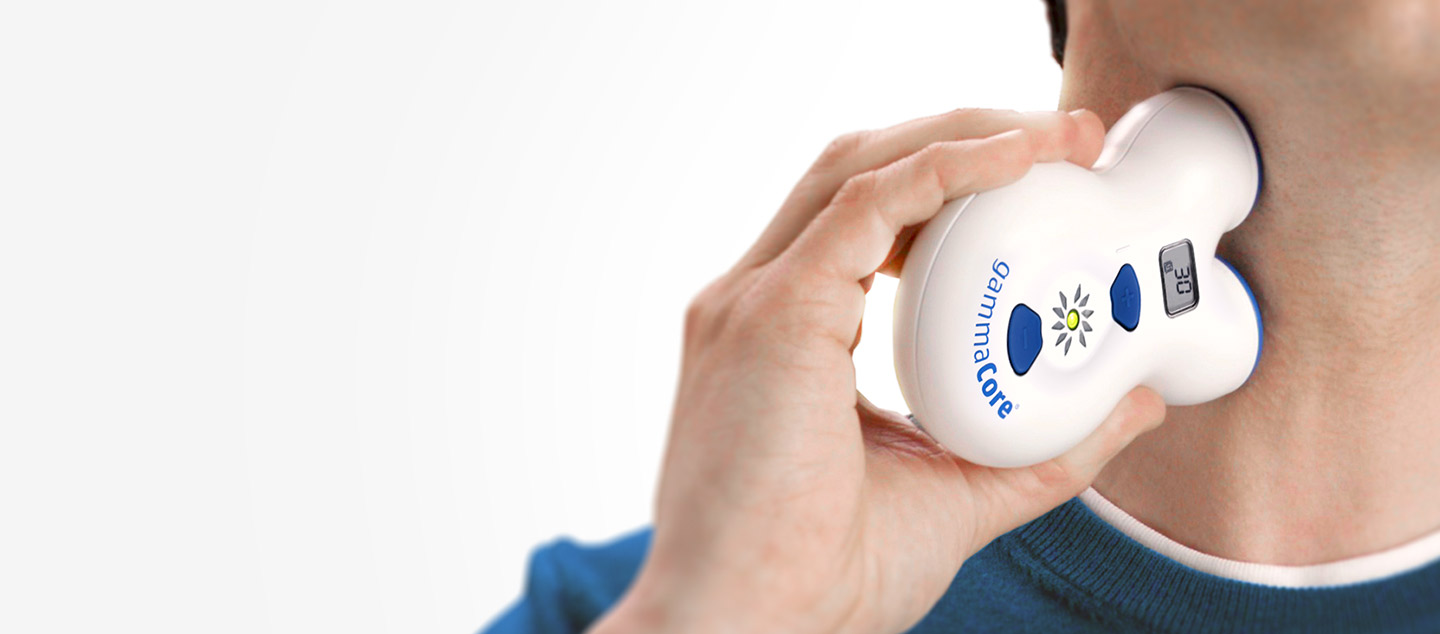 Image: gammaCore product
Image: gammaCore product
| Industry | Healthcare |
| Headquarters | New Jersey, U.S. |
| Founded Date | 2005 |
| Employees | 11 - 50 |
| Funding Status | IPO |
| Total Funding | $145.5M |
| Investors | 6 |
5. Modius Health
Modius Health provides non-invasive devices to improve health and wellness through electrical stimulation of the head for a variety of applications. By delivering the appropriate stimulation for each application, it is possible to relieve lack of sleep (Modius Sleep), lose weight (Modius Slim), and reduce stress (Modius Stress).
/cdn.vox-cdn.com/uploads/chorus_image/image/58268935/PRODUCT_SHOT_Modius_Headset_3.0.jpg) Image: Modius product
Image: Modius product
The founder, Jason MacKeown, has work experience in the medical field. With his background in neuroscience, he created a product that is currently being used by users in over 80 countries.
| Industry | Neurotech |
| Headquarters | SanDiego, California U.S. |
| Founded Date | 2013 |
| Employees | 11 - 50 |
| Funding Status | Equity crowdfunding |
| Total Funding | $1.6M |
| Investors | 1 |
In conclusion
In this article, we introduced startups active in the Neuromodulation market, which has been growing steadily in recent years. While many companies deal with this technology as a medical device, some startups such as Thync and Modius Health are gaining momentum in providing products for the general public who do not have diseases.
As science continues to develop at a rapid pace, the number of companies providing us with innovative products based on new discoveries in neuroscience will continue to increase.
